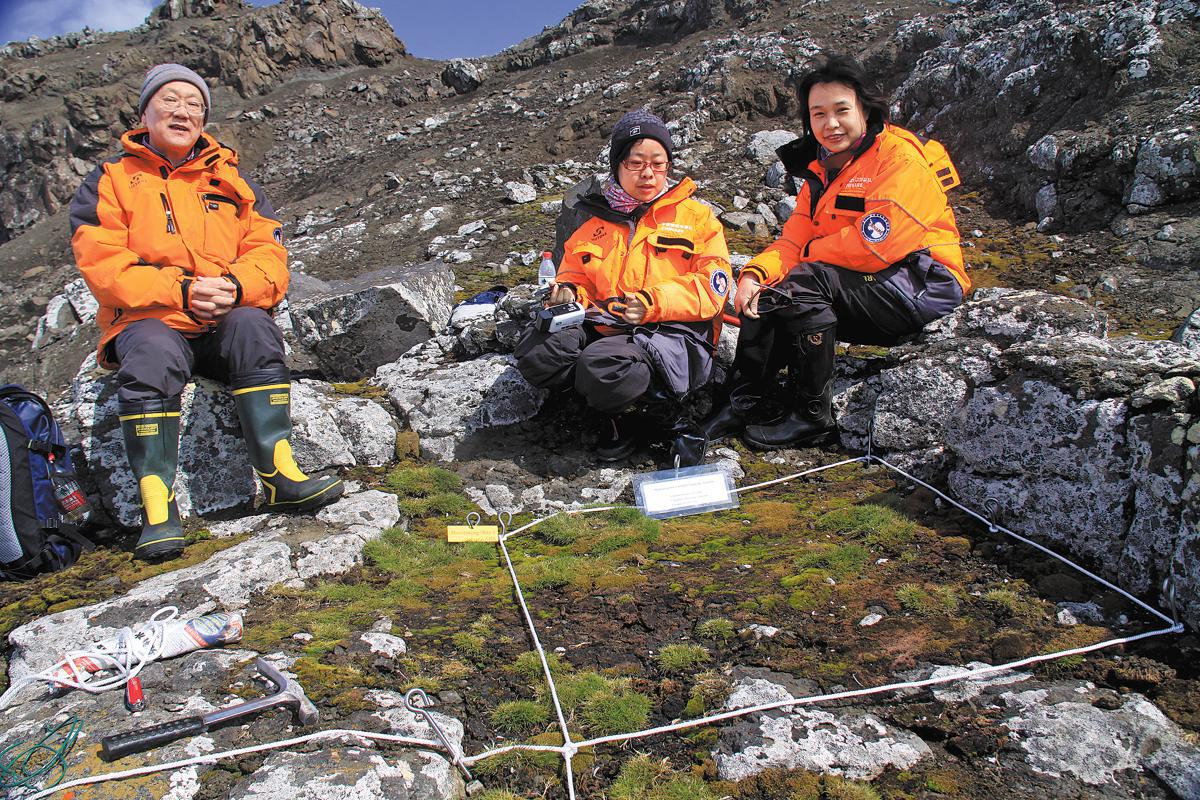Appeal of North, South poles keeps luring scientist back
By Li Peixuan | China Daily | Updated: 2025-01-03 09:42

That being said, close interpersonal relationships are a necessity when team members perform outdoor tasks.
"Missions in the wilderness require team members to have a high level of trust in each other and to cooperate well, because humans are truly insignificant in the face of nature," she said. "You need to trust your teammates completely to ensure your work is done safely and smoothly."
Working well together is critical, and both male and female team members play key roles, she explained.
"In polar scientific expeditions, men and women working together can make the work a lot smoother," Peng said. "When heading out for tasks, men may be more careless, forgetting to apply sunscreen or take a head covering. Women would remind them and are usually more meticulous in tasks such as map reading, site design, food and water preparation, anticipating phenomena on the way and preparing backup supplies.
"Men, on the other hand, may take the initiative to carry some shared equipment, which helps in the overall progress of the team's scientific work."
Professor Zhou Chunxia, a member of Wuhan University's polar expedition team, acknowledged that in general, the women on the team are not as physically strong as the men.
Peng agreed.
"Although my physical strength may not be enough to help carry things for others, I must at least carry my own samples and equipment and keep up with the team's pace," Peng said.
She further explained that in polar scientific expeditions, where time is scarce and weather is erratic, each team member must fulfill their duties promptly. Delays not only hinder individual tasks but can also impede the progress of other team members.
"I support gender equality, which doesn't entail women needing special assistance from men or being singled out for discussion. Instead, everyone should bear their own responsibilities, regardless of gender roles."
lipeixuan@chinadaily.com.cn
























